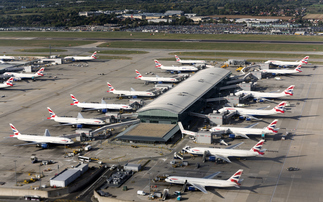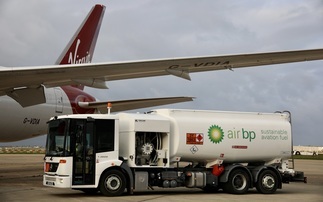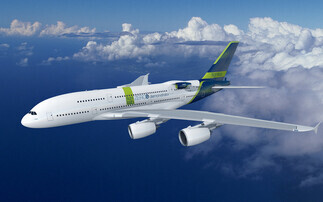Solar plane takes first step towards round-the-world mission by completing inaugural test flight in Switzerland
Developers hoping to fly a solar-powered plane non-stop around the world next year have successfully completed the first test flight of their new design.
Following 12 years of calculations, simulations, construction, and testing, the single-seater Solar Impulse 2 yesterday circled Payerne aerodrome in Switzerland for two hours and 17 minutes, reaching an altitude of 1,670 metres (5,500 feet) and speeds of 55.6 kilometres per hour. This first flight is set to be followed by further trials in the next few months to ready the plane for next year's record attempt, but marked a key moment in the countdown to takeoff in March 2015.
"This inaugural flight is an important stage - a step closer towards the round-the-world flight. It is also a huge emotional step for the entire team and all our partners who have worked on the aircraft," said André Borschberg, Solar Impulse co-founder, chief executive and pilot.
Solar Impulse 2 (Si2), first unveiled in April, is based on the original Solar Impulse, which broke eight world records journeying across Europe and into Africa, flying throughout the day and night before last year completing a groundbreaking flight across the US.
The Si2's 72 metre wingspan - eight metres longer than its predecessor - is coated in 17,000 solar cells that supply its four electric motors. During the day, the solar cells recharge lithium batteries weighing 633 kilograms, allowing the aircraft to fly at night.
During next year's circumnavigation attempt, the pilot will have to stay in the 3.8 cubic metre cockpit, which is neither pressurised nor heated, for five days or more.
Takeoff is scheduled for March 2015 in the Gulf region, with the plane crossing over the Arabian Sea towards India and China before traversing the Pacific, the US, the Atlantic and Southern Europe before landing again. Landings will be made every few days to change pilots and organise public events for governments, schools and universities.
Given the slow speed and numerous stopping points, the team behind Solar Impulse have said that next year's attempt is more about raising the profile of solar technologies and demonstrating the technical feasibility of solar-power flight, rather than ushering in a revolution in zero-emissions travel.
However, the support of multinational companies such as Google, ABB, Swiss RE and Omega is likely to further boost the profile of the project and increase the chances that some of the technical innovations pioneered by Solar Impulse can be commercialised.









